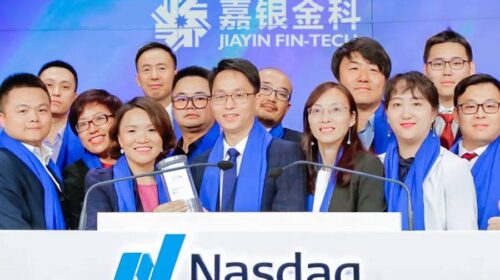FAST NEWS: Yixin acquires financial guarantee company for $90 million

The latest: Internet-based auto financier Yixin Group Ltd. (2858.HK) said Monday it has acquired the remaining 68% of shares in Dalian Rongxin from a related party, Beijing Bitauto, for 640 million yuan ($90 million), giving it complete ownership of the company.
Looking up: As a licensed financial guarantee company, Dalian Rongxin will help Yixin to further expand its loan facilitation services.
Take Note: Yixin will pay for the purchase in cash. Yixin had cash and cash equivalents of approximately 3.43 billion yuan at the end of last year, meaning the transaction will consume approximately 20% of the company’s cash.
Digging Deeper: Yixin is a leading online auto finance platform in China, with internet giant Tencent (0700.HK) as its majority stakeholder with 53.97% of its stock. The company was originally a direct provider of auto loans, but became a loan facilitator between banks and consumers after a regulatory clampdown on online finance and P2P lending. Despite the Covid pandemic, the company’s revenue rose 62% to 3.15 billion yuan last year, boosting its adjusted profit 152% to 688 million yuan over that period.
Market Reaction: Yixin shares fluctuated slightly on Tuesday and closed unchanged at HK$0.77 by the midday break. The stock now trades near the lower end of its 52-week range.
Translation by Jony Ho
To subscribe to Bamboo Works free weekly newsletter, click here






